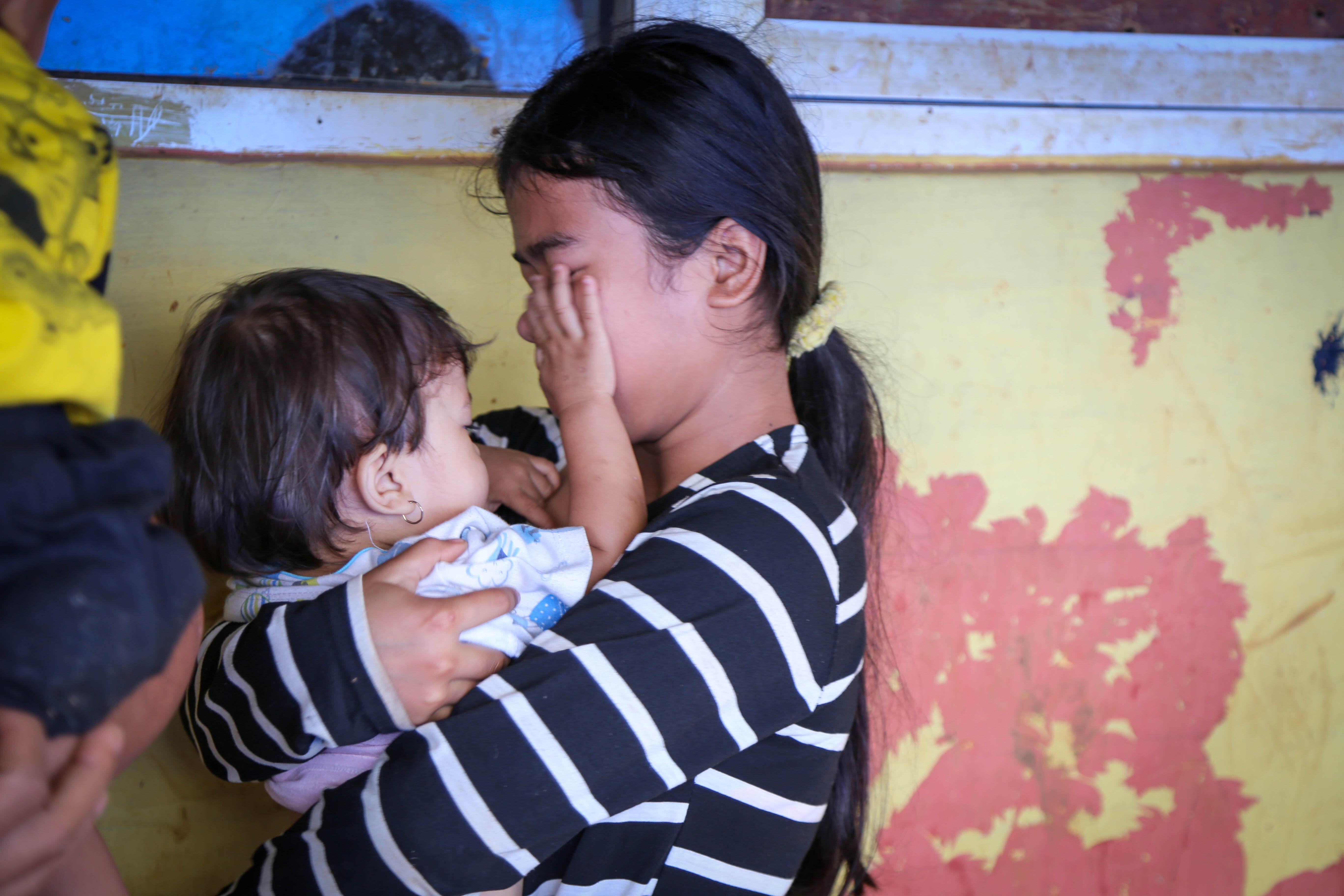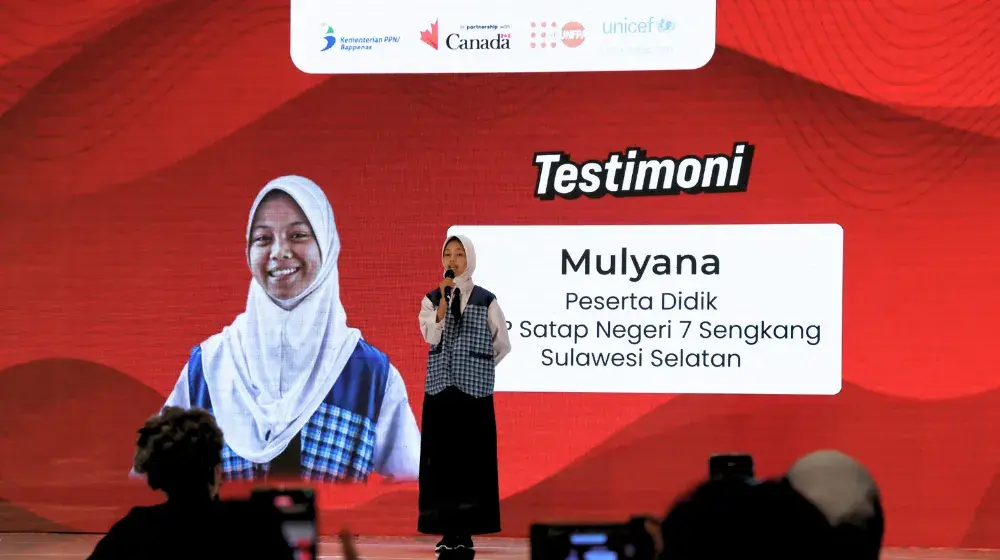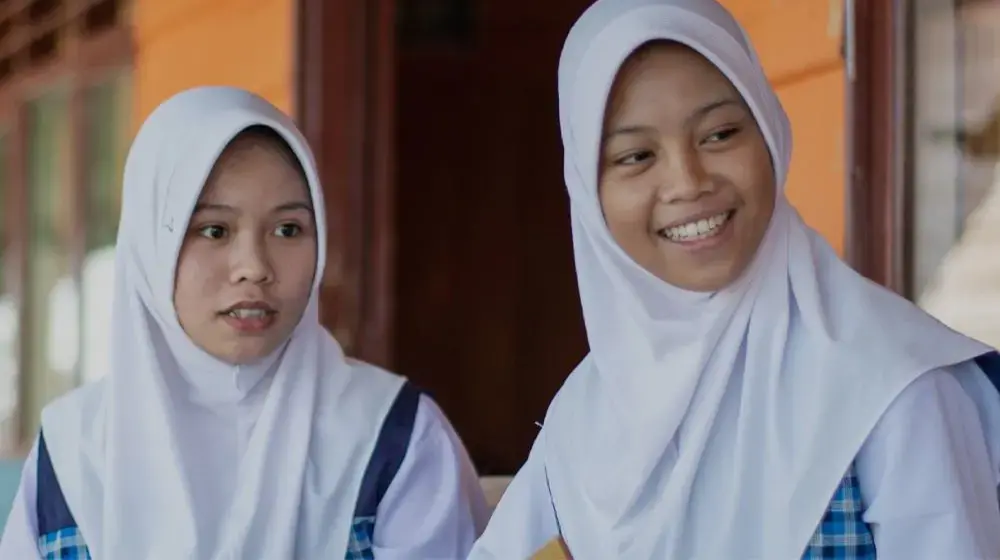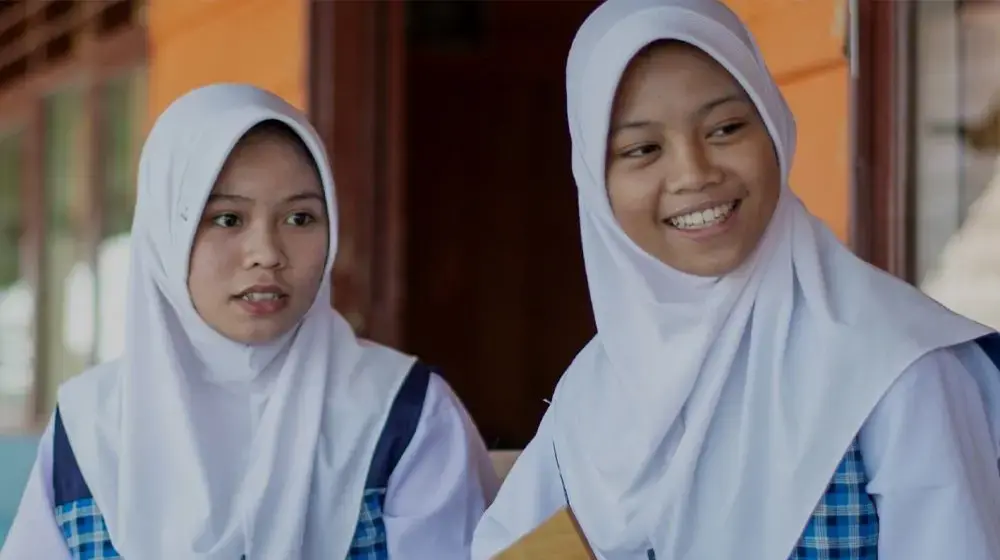Jakarta, 11 February 2021—”The negative impacts of child marriage outweigh the justifications, such as safeguarding girls from premarital sex, protecting them from sexual harassment, or escaping poverty,” says Anjali Sen, United Nations Population Fund (UNFPA) Indonesia in response to the viral social media posts by Aisha Weddings that encourage Muslim women to marry between the age of 12-21.
”Child marriage violates rights of girls to their own body, education, health, and long-term prospects,” Sen emphasizes.
Many families and communities impose child marriage on children with good intentions or pressure from social and cultural norms that are often discriminative to women and girls. However, the negative impacts of child marriage outweigh the justifications, such as safeguarding girls from premarital sex, protecting them from sexual harassment, or escaping poverty.
Child marriage can cost a girl her health, and often, her life. Early pregnancy and early childbirth when girls are not ready to be mothers at such a young age have dire consequences. Girls under 18 are a lot more likely to die due to complications in pregnancy and childbirth such than women in their 20s. Their children are also more likely to be stillborn or die in the first month of life.
Child marriage pressures girls to raise children while they are still children, abruptly ends girls’ schooling, undermines girls’ prospects for entering the paid labour force and gaining economic self-sufficiency, and makes girls vulnerable to gender-based violence and sexually transmitted infections (STIs). Child marriage also adversely affects girls’ mental health. All of these negative impacts reverberate beyond the girl to perpetuate the cycle of poverty and harmful practices for her family, community, and ultimately, nation.
UNFPA is working towards its vision of Three Zeroes by 2030: Zero Maternal Death, Zero Unmet Need for Family Planning, and Zero Violence and Harmful Practices against Women and Girls. Zero child marriages by 2030 is a priority in the United Nations 2030 Agenda for Sustainable Development and its accompanying Sustainable Development Goals (SDGs). Inclusiveness and equality, of a world where no woman or girl is left behind, is the central tenet for the achievement of the SDGs. We will not rest until the three zeroes are achieved.
This vision is in line with the Indonesian government’s goals. Reducing the number of child marriage to 6.94% by 2030 is one of the targets set in the National Mid-term Development Plan (RPJMN) 2020-2024, as an effort to meet one of the SDGs.
We highly appreciate the amendment of Indonesia's Marriage Law in September 2019, which raised the minimum age for girls to get married with parental permission from 16 to 19 so it’s the same as minimum age for boys. The National Strategy on the Prevention of Child Marriage launched in February 2020 also indicates the government’s commitment to ending child marriage through a multi-sectoral and multi-stakeholder approach.
These milestones were results of tireless advocacy, consistent with Indonesia’s international and national commitments, such as the ratification of the Convention on the Rights of the Child (CRC) in 1990 and the Convention on the Elimination of all Forms of Discrimination against Women (CEDAW) in 1984, and endorsement of the International Conference on Population and Development (ICPD).
More initiatives and programmes to empower girls, increase their educational attainment, and enhance their life skills are required in order to eliminate child marriage by 2030.
With the COVID-19 pandemic currently affecting all aspects of life, efforts to end child marriage have been disrupted, potentially resulting in an additional 13 million child marriages globally between 2020 and 2030.
We need to accelerate and expand our efforts, increase our investments, and redouble our commitments to eliminating child marriage and other harmful practices, especially in these difficult times.
Child marriage is a fundamental human rights violation that harms all of ous. It is our responsibility to protect girls from the overwhelmingly harmful impacts of child marriage. We cannot stop until the rights, choices and bodies of all girls are fully their own.
For more information, please contact:
- Samidjo (Advocacy & Communications Programme Analyst, UNFPA Indonesia): +62 812 8470592, samidjo@unfpa.org
- Dian Agustino (Communications Officer, UNFPA Indonesia): +62 813 1026 0581, agustino@unfpa.org





